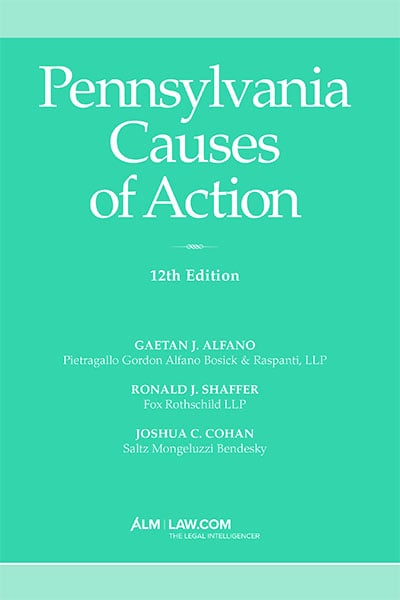0 results for '*'

Tech Chief Plans E-Filing, Video Systems for Judges and Lawyers
Robert Taylor had his work cut out for him when he took the job of chief information officer for Fulton County: The district attorney's office wanted one software application for its operations, the jail chose another, and the public defender and the clerk's office opted for two other methods. Now Taylor wants to integrate the disparate systems and implement new software designed to help judges manage cases. He's also looking at videoconferencing as a way to alleviate case backlogs.
Can Snooping Spouses Use Spyware Evidence in Court?
Is your spouse cheating on you? And if so, can you prove it? Increasingly, people are turning to Internet monitoring software -- also known as spyware -- to find the smoking gun. But can you use this evidence in court as part of a divorce case? Attorney Meredith Brennan examines a recent Florida case addressing the admissibility of evidence of a spouse's online affair obtained through the use of spyware.
Why the FTC Should Take the U.K.'s Lead on the Internet
In May, the Federal Trade Commission announced it was undertaking a review of its "Dot Com Disclosure Guidelines," adopted in 2000 to provide insight to marketers using the internet. Doug Wood, of Reed Smith, takes an envious look across the Atlantic to answer the question: Do sellers and consumers really need more guidance from the FTC on internet marketing practices?

Authenticating E-Mail Discovery as Evidence
At some point, e-discovery needs to be converted into e-evidence for summary judgment or trial. Attorneys Beatrice O'Donnell and Thomas A. Lincoln suggest practical methods to employ the rules of evidence to confront the special admissibility problems posed by e-mail.View more book results for the query "*"




N.J. Candidate for Bar Trustee Stripped of E-Mail Privileges
Sara Cores, a candidate for a New Jersey Bar Association trustee seat who sent campaign literature via the organization's e-mail distributor, has been banned from using it for the rest of the election, while her opponent gets one shot at a fair response. Cores says she sent only one campaign-related e-mail using the distributor and that the policy on campaign e-mails is unclear.
Moving Computer Chips Beyond Moore's Law
Gordon Moore's famous 1965 proclamation, which implied microprocessing chip speed could double every two years, is nearly obsolete, says our commentator. With no new way to wring more performance from today's standard technology, he says, the wave of the future is multiple-core processors. They will break up different tasks currently handled by one microprocessor -- encryption, decryption, data flow -- and do them in parallel.
Trending Stories
- 1'It's Not Going to Be Pretty': PayPal, Capital One Face Novel Class Actions Over 'Poaching' Commissions Owed Influencers
- 211th Circuit Rejects Trump's Emergency Request as DOJ Prepares to Release Special Counsel's Final Report
- 3Supreme Court Takes Up Challenge to ACA Task Force
- 4'Tragedy of Unspeakable Proportions:' Could Edison, DWP, Face Lawsuits Over LA Wildfires?
- 5Meta Pulls Plug on DEI Programs
Featured Firms
Law Offices of Gary Martin Hays & Associates, P.C.
(470) 294-1674
Law Offices of Mark E. Salomone
(857) 444-6468
Smith & Hassler
(713) 739-1250
More from ALM
- Scan In Progress: Litigators Leverage AI to Screen Prospective Jurors 1 minute read
- Legal Speak at General Counsel Conference East 2024: Match Group's Katie Dugan & Herrick's Carol Goodman 1 minute read
- Legal Speak at General Counsel Conference East 2024: Eric Wall, Executive VP, Syllo 1 minute read





